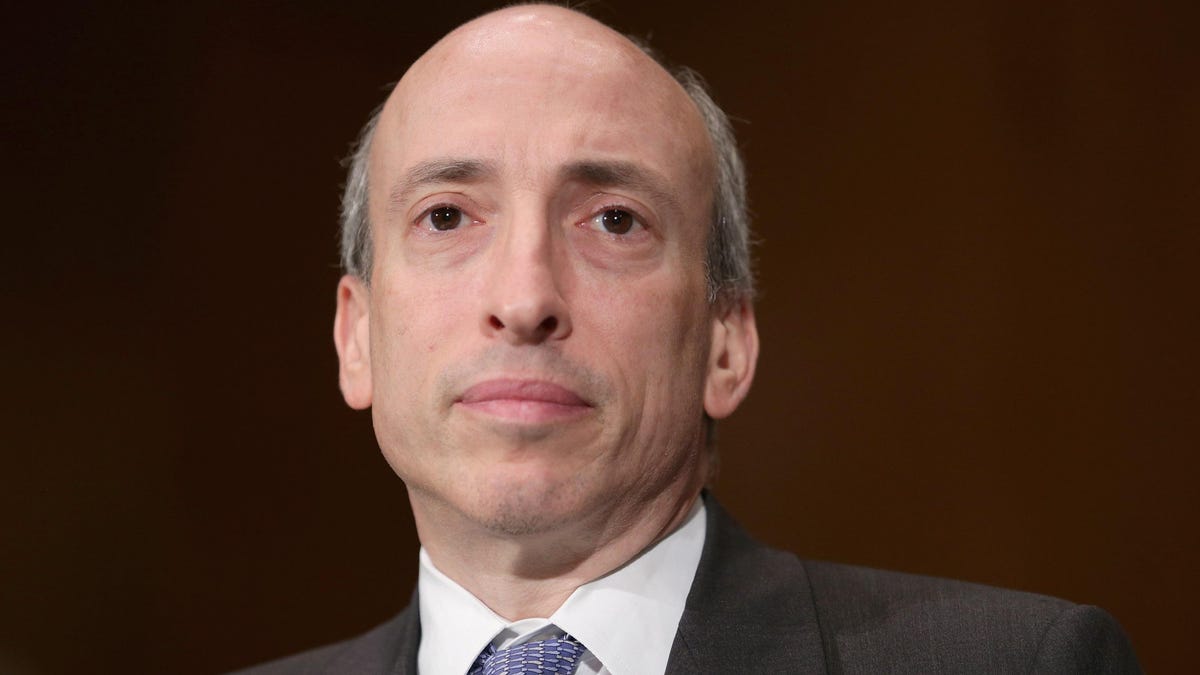A US lawmaker, Representative Tim Burchett, has put forth a bold proposal to slash Securities and Exchange Commission (SEC) Chair Gary Gensler’s salary to a mere $1 per year as part of a broader plan to defund the regulatory agency.
This proposition is contained in an amendment to the Financial Services and General Government (FSGG) bill, a comprehensive piece of legislation introduced on July 13, with the aim of substantially reducing government expenditures across various sectors.
Currently, Gary Gensler receives an annual salary estimated to exceed $300,000 for his role as SEC Chair. Burchett’s move is not isolated, as the FSGG bill seeks to curtail funding for multiple government agencies.
Representative Steve Womack, while presenting the bill to the House Rules Committee on November 6, argued that the SEC and other agencies had become victims of regulatory overreach, placing an excessive financial burden on the government.
Womack’s perspective is that defunding the SEC would serve as a means to curtail its regulatory “intrusiveness” and refocus the agency on its primary mission.
READ MORE: Bitcoin ETF Anticipation Sparks Resurgence in Blockchain Gaming Enthusiasm
He stressed, “Specifically, we turn off rulemakings at the Securities and Exchange Commission that lack proper cost-benefit analysis and aggregate impact analysis.”
He also acknowledged the importance of the agencies under their jurisdiction but criticized their deviation from their intended mandates, asserting that such deviations have been detrimental to the American public.
It’s worth noting that this isn’t the first instance of Gary Gensler and the SEC facing criticism from US politicians.
Back on June 12, US Representatives Warren Davidson and Tom Emmer introduced the SEC Stabilization Act to the House of Representatives.
One of the key provisions of this bill aimed to oust Gensler from his position as SEC Chair, redistributing the agency’s power between the chair and commissioners.
Additionally, it proposed the creation of an executive director role and the addition of a sixth commissioner to prevent any single political party from holding a majority influence.
Davidson and Emmer have been vocal critics of Gensler’s leadership at the SEC, with Emmer characterizing him as a “bad faith regulator” and accusing him of disproportionately targeting the crypto community with enforcement actions while neglecting more significant wrongdoers.
These ongoing debates and legislative efforts reflect the contentious atmosphere surrounding the SEC’s role and leadership within the US government.
Discover the Crypto Intelligence Blockchain Council




